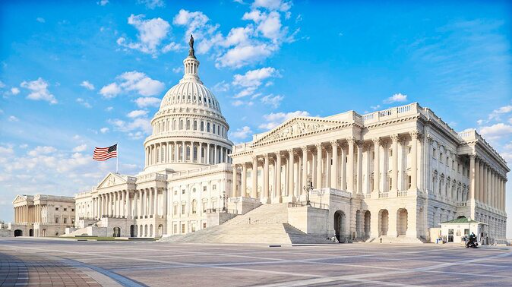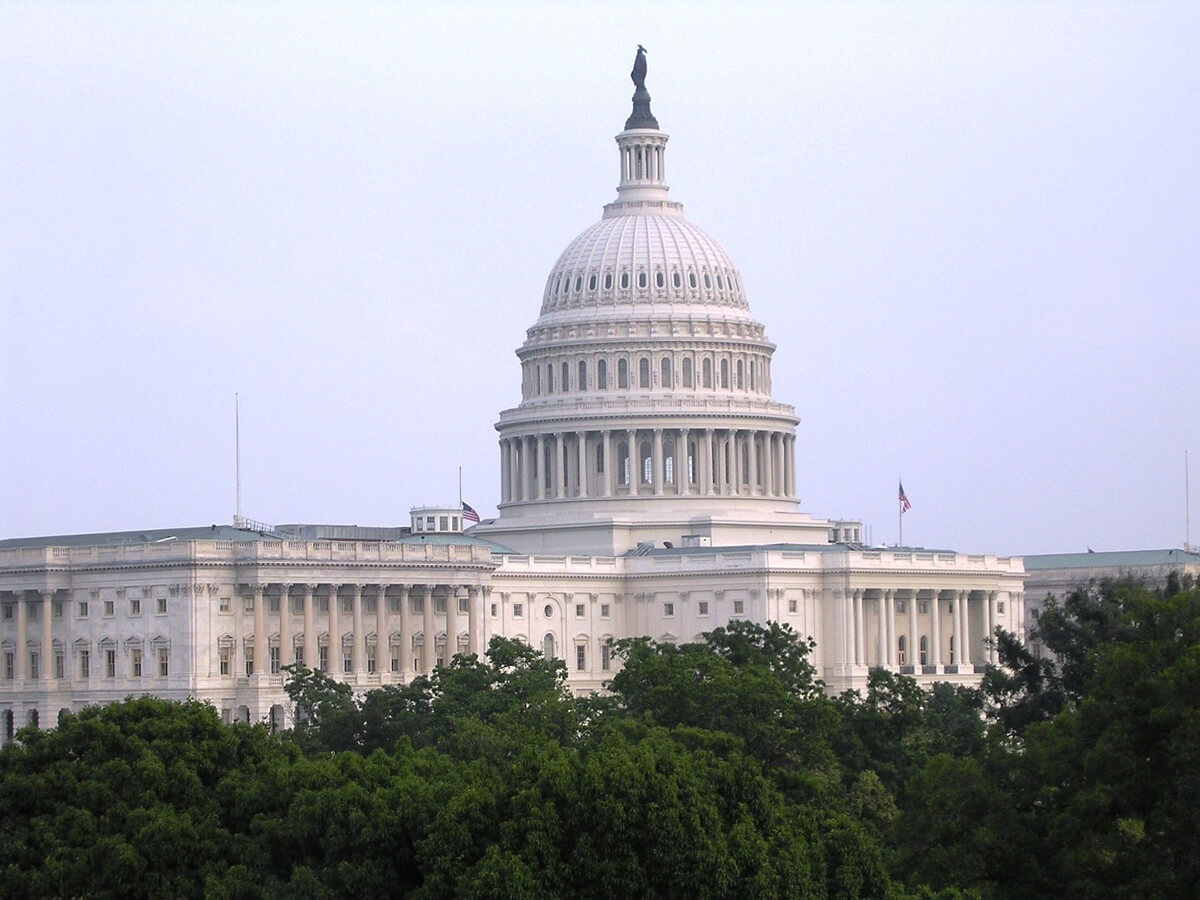The effort to repeal the amendment, which caps the interchange big issuers can collect on debit card transactions and requires all issuers to use at least two unrelated networks for debit routing, failed as House Republicans couldn’t muster enough support for it as part of the larger bill, the National Retail Federation said in a press release. The House will proceed with a vote on the bill when it reconvenes after the Memorial Day holiday, the NRF said.
Two major retailer trade groups late Wednesday celebrated an apparent decision by Republican leaders in the House of Representatives to quash a provision that would have repealed the Durbin Amendment. The provision was part of the Financial Choice Act, a bill Congressional Republicans are pushing to overhaul the 2010 Dodd-Frank Act.

Wednesday’s action came just three weeks after the House Financial Services Committee had voted 34-26 in favor of the Choice Act, including the Durbin repeal provision.
Despite Wednesday’s setback, the Electronic Payments Coalition, a Washington, D.C.-based trade group that represents networks and financial institutions, said it will continue to fight for repeal. “[House] members know [the Durbin Amendment] is a crony handout that has generated unearned billions for the Big Box retailers and heartburn for their customers,” said Molly Wilkinson, executive director of the EPC, in a statement. “The Durbin price controls hurt consumers, community banks, and credit unions and even small merchants. This is a bad policy, and we, the Electronic Payments Coalition, are committed to repealing it.”
The Durbin restrictions, originally proposed by Sen. Richard Durbin, D-Ill., make up an amendment to Dodd-Frank. The amendment is bitterly opposed by the major card networks and some banks, but supported by merchants that see the law, which they refer to as swipe-fee reform, as having saved billions in acceptance costs. The EPC has estimated the amendment has cost issuers more than $42 billion to date. Critics of the amendment, however, have questioned how much of the savings merchants have passed on to consumers…

